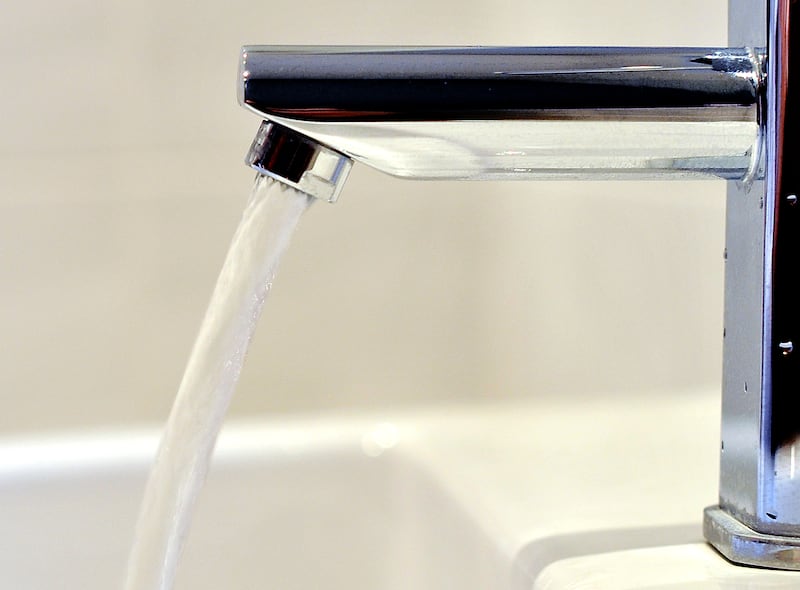:: Raising domestic rates – Around £603m is raised annually through a mandatory tax on people’s homes. Each household’s rates bill is made up of the regional rate and the district rate. To meet the £113m shortfall identified by the Treasury, it has been suggested increasing the regional rate by 15%.
:: End industrial derating – Historically the north’s manufacturers have enjoyed a 70% discount on their rates bills. Ending industrial derating would prove deeply unpopular among industry but it would put an additional £71.5m into Stormont’s coffers.
:: Domestic water charges – it costs around £680 million each year for NI Water to deliver clean water and an efficient sewerage system. This is currently raised through a government subsidy, revenue raised by non-domestic charging and through borrowing. Sinn Féin first minister Michelle O’Neill has already ruled out introducing water charges but it’s estimated that an additional £2 billion over the next few years is required to ensure the system is fit for purpose.

:: Increasing tuition fees – University tuition fees are currently capped at £4,630. The Department for the Economy (DfE) has modelled increasing them to around £7,000, which would require fresh legislation. If students paid the full £9,250, as they do in England, it would amount to around £100m extra.
:: End free prescriptions – Prescription charges were scrapped in 2010 under the then health minister Michael McGimpsey. They are also free in Scotland and Wales but in England each item costs £9.35. A reintroduction of the charge would raise around £20m annually.
:: End free public transport for over 60s – Since 2007/2008 Stormont has funded free public transport for all over-60s, regardless of their income, under the aim of alleviating social exclusion. According to the Department of Infrastructure, the scheme cost £39m last year and is expected to rise to more than £44m this year.
:: Reducing compensation rate on bovine tuberculosis programme – The agriculture industry has been tackling bovine TB for more than 20 years yet it still remains widespread. When infected cattle are removed and culled, the herd owner receives full market value. The cost of a programme combatting TB amounts to £53m with compensation accounting for just over £38m of this amount.



